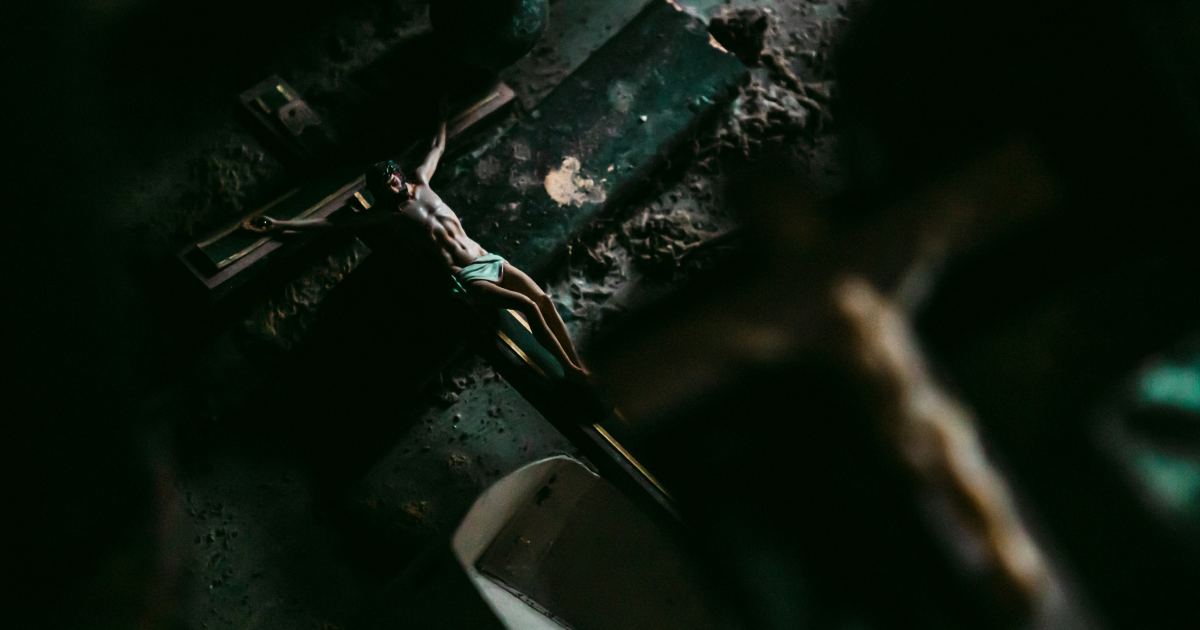Contrary to recent media reports, there have been no further developments regarding the updating of the statutes of Opus Dei to bring them into line with the revised norms for personal prelatures.
It is important to clarify that the matter under consideration is not Opus Dei itself, which Pope Francis referred to in his Motu Proprio Ad charisma tuendum as “the gift of the Spirit received by Saint Josemaría Escrivá,” stating that he had written it “to protect the charism of Opus Dei and to promote the evangelising action carried out by its members in the world.”
Rather, as explained by the president of Opus Dei’s Centenary Committee in a recent interview, what is under study is how the charism and juridical dimension of Opus Dei can go hand in hand. This intention was very much in the heart of the founder, St Josemaría Escrivá, throughout his life.
He was inspired by God to promote the universal call to holiness and the apostolate of all the baptised, and to found an institution that would help people live out this call in their ordinary lives — men and women, celibate and married, lay people and priests, all with the same vocation — in the service of society and of the Church.
This mission has been described by Pope Francis in laudatory terms as “the task of spreading the call to holiness in the world, through the sanctification of work and family and social commitments.”
Opus Dei is approaching its 100th anniversary. In this first century, the Church has blessed its work with the canonisation of its founder by Saint John Paul II in 2002, and later with the beatifications of his successor, Blessed Álvaro del Portillo, and one of the first women to follow this vocation, Blessed Guadalupe Ortiz — both by Pope Francis. Furthermore, Pope Francis recently approved the decree of heroic virtues for the first time for a married member of Opus Dei, the Guatemalan Dr Cofiño. In England, the possible process of canonisation for Pedro Ballester, a young engineering student who died of cancer aged 21, is being considered by the Diocese of Salford.
This diversity reflects both the path already travelled and what remains to be done in promoting holiness in everyday life for people of all backgrounds throughout the world.
During this time of revision of the statutes, Opus Dei’s prelate, Mgr Fernando Ocáriz, has told its members repeatedly that they will accept whatever comes from the Holy See because, in the words of the founder, Opus Dei exists “to serve the Church as the Church wishes to be served.” We are convinced that the Church wants this message of holiness to be spread throughout the world and in every environment. We all want the same thing, in the spirit of ecclesial communion.
This process is in its final stages, but it is not helped by speculation not based on facts, but on paradigms of power which are totally alien to the reality of the Church and, therefore, to that of Opus Dei.
Jack Valero is the Press Officer for Opus Dei in Britain





.jpg)




.png)






